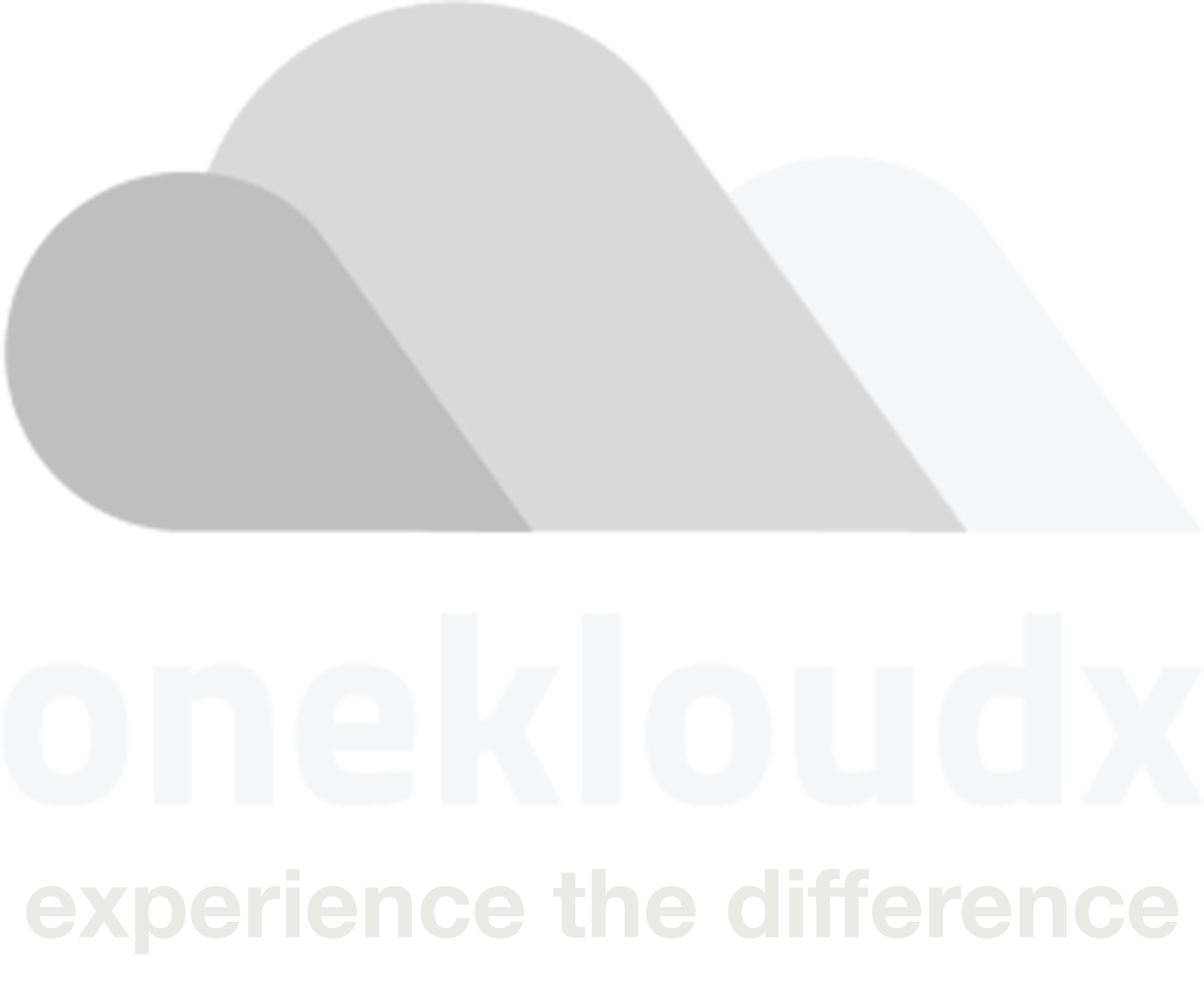
A comprehensive ERP selection checklist
As any business owner knows, selecting and implementing an ERP system can be a daunting task. No one wants to make the mistake of selecting the wrong solution or have implementation go awry.
An ERP system is an essential business technology solution for growing enterprises, but they aren’t always top of mind for many business owners. In the early stages of company growth, it’s natural to rely on lightweight systems that don’t require extensive training or special skills to use and maintain.
However, as your company scales facing increased demands on its resources and process complexity, an ERP system helps streamline operations and provide greater visibility into key metrics like financial performance and customer engagement. But selecting the right ERP software can be daunting process with many options available in the market today.
And the truth is, a growing and maturing business at some point needs to take the leap and level up its systems to enable further expansion. This also means saying goodbye to out-of-date solutions that may have been a good initial solution, yet they are now standing in your way of further progress.
ERP Readiness – Total Cost of Ownership
In this edition in the ERP Readiness video series, Robert Jurcec goes into ERP selection detail including the neeed for Total Cost of Ownership (TOC) considerations for your business.
How do you start the ERP selection process?
In our ERP selection checklist we have outlined the most important considerations for Total Cost of Ownership to help you as you start your ERP selection journey.
Define your business needs
You should determine your specific requirements and budget as every business has different needs and requirements. Get all your departments – including Accounting & Finance, Manufacturing, Logistic & Distribution, Research & Development, Human Resources, Marketing, Sales and Production – to list their specific requirements.
Determine what budget you are allocating to your ERP licences and implementation process. Ask yourself:
- Do I need to house the actual hardware? If so, are we equipped to do that and how much will it cost to setup and maintain?
- Should I consider a cloud solution?
Not every type of business needs every ERP solution module. In fact, a 2020 survey of companies looking to buy an ERP solution found nine in 10 companies were interested in accounting, followed by inventory and distribution. But the most comprehensive systems will also include finance, manufacturing, procurement, and different types of management including inventory, sales and ordering, and project management. Ecommerce, marketing automation, customer relationships, and human resources/payroll are also common modules for these packages.
To consider new functions to implement, first you must determine your current business practices and how these processes can be improved by automations which will increase efficiencies and reduce costs. Also, you need to ensure that the ERP can be easily integrated with any other third-party business systems expected to remain in place.
Do your research about ERP selection
Using your requirements list and allocated budget:
- Get an idea of what ERP software satisfies your business needs
- Research the various solutions online
- Seek referrals from companies in your industry
- Research what your competitors and similar businesses to you are using
- Talk to your peers
- Seek advice from an independent consultant who is solution and implementation partner unbiased.
What type of ERP do you need?
Do you need a Cloud ERP or on-premises ERP or hybrid ERP? There is no easy answer here as you have to look at your specific requirements as each solution has advantages and disadvantages. So, you need to carefully consider which option is right for your business. Decision making considerations include:
a. Total Cost of Ownership
- How much will an on-premises vs. cloud-based ERP system cost?
- How is the software licensed? One-time fee? Monthly subscription? Per-user charges?
- Does the pricing include security, maintenance and updates?
- How soon will I see ROI?
b. System integration
- How will existing data be loaded into the system?
- What gateway or middleware software will bridge to legacy systems and data?
- Does the ERP system integrate with other business systems?
c. Support and training
- What level of training and support is provided during implementation and is it included in the pricing?
- What types of packages are available for ongoing support?
- How is training provided? On-site? At the vendor? By a third party?
- Is the ERP system customisable?
- What support for customisation is provided?
- Are Application Programming Interfaces (APIs) available?
Are you ready to save time and solve the most complex challenges in your business?
Cloud ERP systems are becoming increasingly popular for businesses of all sizes. As the leading cloud ERP, NetSuite offers many benefits for businesses that choose to implement it.
If you are considering an ERP solution, take a look at what we do, how we got here, and how NetSuite works. Our NetSuite team are passionate about helping business leaders realise the full potential of this powerful software. We have a proven track record of success in business access, process expertise, and providing scalable cloud solutions.
If you are ready, schedule a demo using our calendar, or call us on 1800 155 683.









